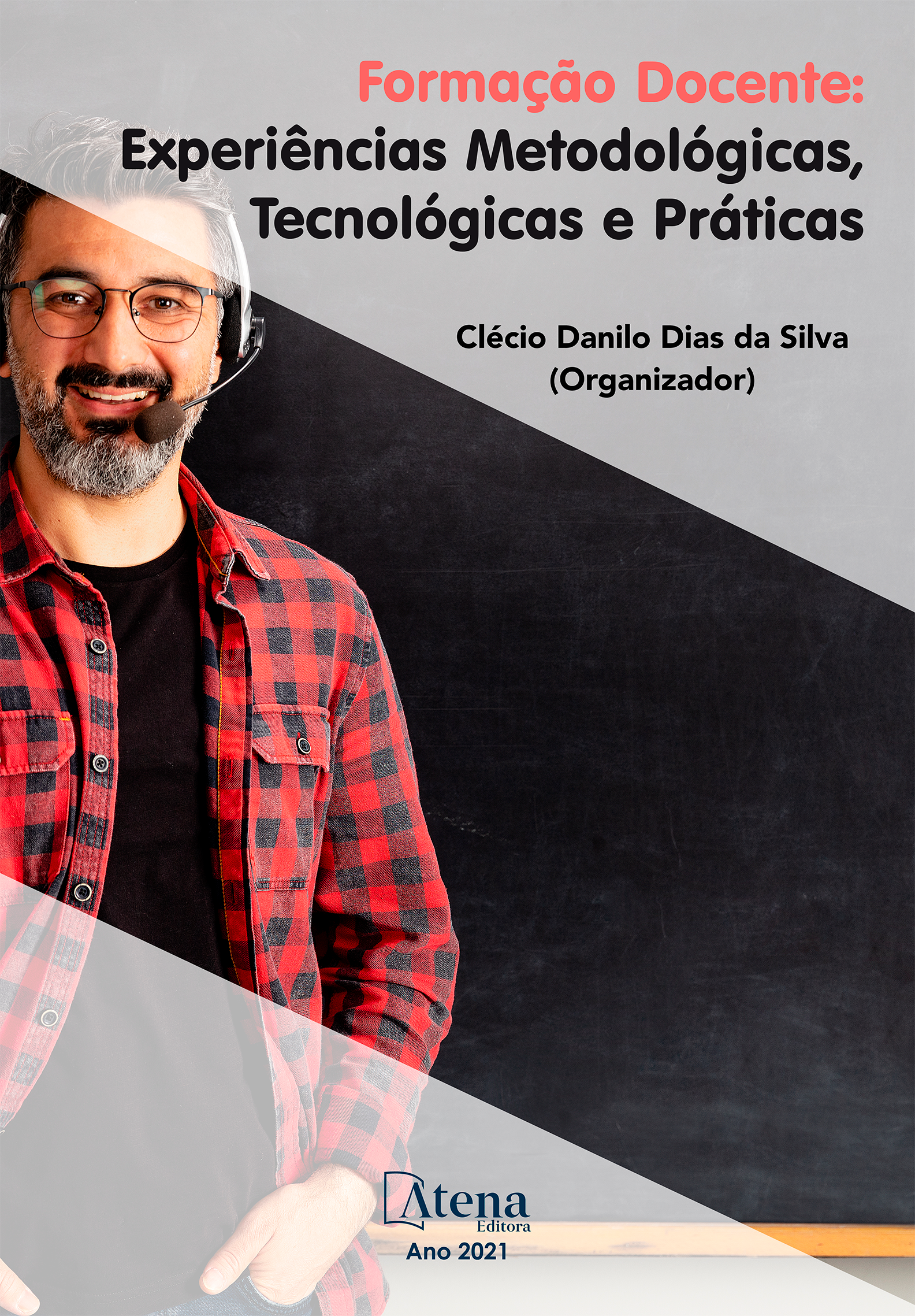
LÍNGUA BRASILEIRA DE SINAIS NO ENSINO SUPERIOR: DISCUSSÕES FRENTE AOS PARADIGMAS DE EDUCAÇÃO PARA TODOS
Há mais de uma década, a Língua Brasileira de Sinais (Libras) foi incluída nos currículos dos cursos de nível superior. É importante, entretanto, que se façam discussões sobre como esta disciplina se alinha com as atuais políticas inclusivas, para que esta ultrapasse a questão gramatical/linguística e colabore efetivamente para a compreensão de questões sociais, educativas e subjetivas que permeiam as comunidades surdas. Para os sujeitos falantes de línguas de sinais, ações que permitem que sua língua/cultura saia da invisibilidade são de extrema importância, porém, o uso e difusão da língua não pode se limitar ao pensamento de 'tradução' do mundo, mas sim, pensar também na significação do mundo possível pelo processo linguístico e, consequentemente, nas formas de apreender e aprender. Isso perpassa a questão pedagógica, ratificando a importância dessa discussão na formação docente. No entanto, estudar a língua de sinais como componente curricular não é a única ação proposta, sendo necessário compreender outras políticas relacionadas à Libras no espaço acadêmico.
LÍNGUA BRASILEIRA DE SINAIS NO ENSINO SUPERIOR: DISCUSSÕES FRENTE AOS PARADIGMAS DE EDUCAÇÃO PARA TODOS
-
DOI: 10.22533/at.ed.32121180118
-
Palavras-chave: Formação de professores - Educação Inclusiva - Língua de sinais
-
Keywords: Teacher education - Inclusive Education - Sign language
-
Abstract:
More than a decade ago, the Brazilian Sign Language (Libras) was included as a curriculum discipline of higher education courses. It is important, however, to have discussions on how this discipline aligns with current inclusive policies, it is not only about grammatical/linguistic subjects, it could effectively collaborates to understand social, educational and subjective issues that permeate deaf communities. For whom speak sign languages, actions that allow their language/culture to escape invisibility are extremely important, however, the use and diffusion of the language cannot be limited to the thought of 'translation' of the world, but rather, to think also in the meaning of the world made possible by the linguistic process and, consequently, in the ways of apprehending and learning. This runs through the pedagogical question, confirming the importance of this discussion in teacher education. However, studying sign language as a curricular component is not the only policy proposed, and it is necessary to understand other actions related to Libras in the academic community.
-
Número de páginas: 14
- Etiene Silva de Abreu


